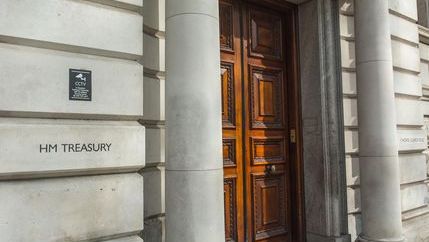
Businesses that are regulated for anti-money laundering (AML) purposes and are also earning over £10.2 million in UK revenue will be liable to pay an Economic Crime Levy (ECL), as per new draft legislation released by the UK Government.
The levy, which is to be collected by three public sector AML statutory supervisors, will vary from £5,000 up to £250,000 depending on the revenue band of the business, precise figures are to be set out in the Finance Bill.
The AML statutory supervisors will be the Financial Conduct Authority, HM Revue & Customers (HMRC) and the Gambling Commission.
The first payments of the levy are to be made in 2023/24, which is a year later than originally planned and will provide businesses more time to prepare for the changes.
Money laundering regulations
As per the Fifth Money Laundering Directive property agents and auctioneers must put in place procedures to anticipate and prevent money laundering, including letting agents in the case of high-value transactions with a monthly rent of EUR 10,000 or more. This reduces the risk that criminals may exploit businesses for financial crime.
To defend against money laundering, there is a legal responsibility to undertake Customer Due Diligence (CDD) on the buyer and seller before establishing a business relationship or carrying out the transaction.
Propertymark members can access a full range of resources, forms and training options specifically tailored to help compliance with AML obligations.





